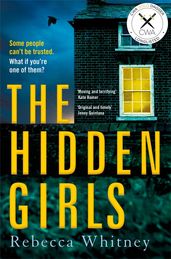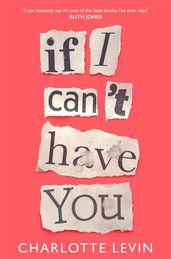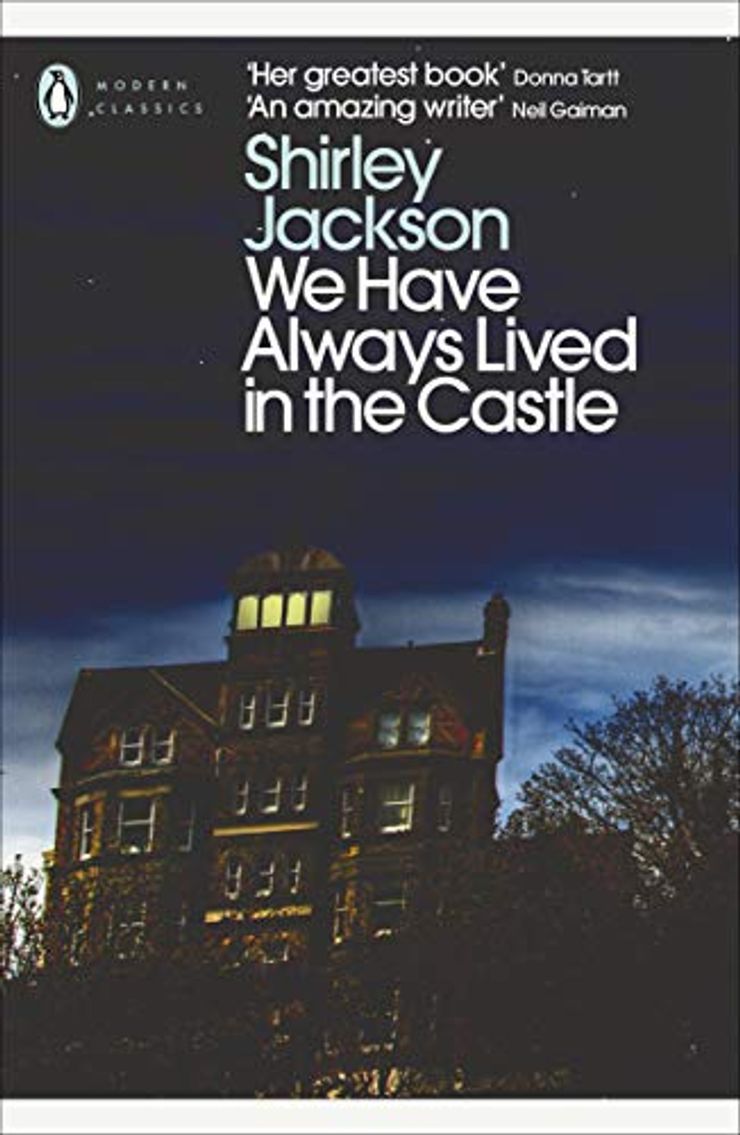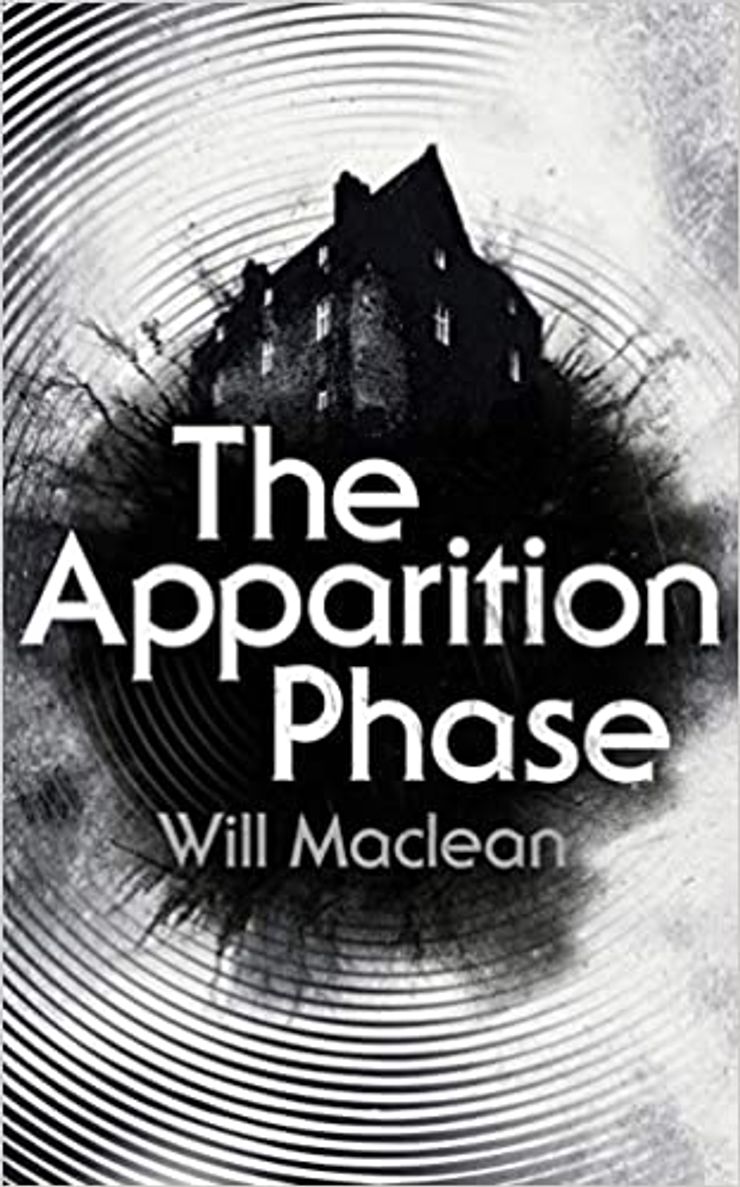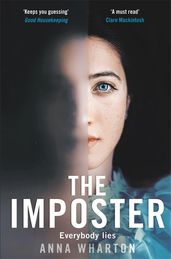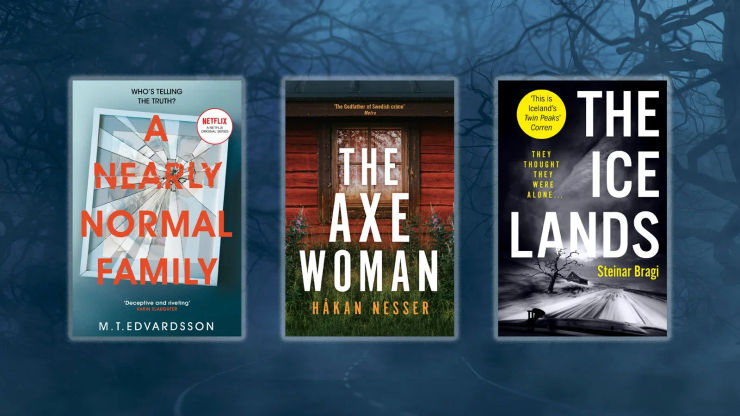The best thrillers with unreliable narrators (or are they?)
Anna Wharton, author of mystery novel The Imposter, tells us she has never written or read a book with an unreliable narrator. But can we believe her?

Immersed in a novel, we rarely stop to question whether our trusty storyteller is all that they claim to be. Here Anna Wharton explores the uneasy notion of the unreliable narrator, and emerges with an unexpected claim: there’s no such thing. Wharton explains how she came to accept the truths of the narrator she created for her own debut novel The Imposter, despite their differences. And she lists her favourite books where the reader has to work a little harder than usual to gauge who is telling the tale and why.
I can hand on heart say that I have never written a book with an unreliable narrator. In fact, I will go so far as to say that I have never read a book with an unreliable narrator. How can I be so sure? Let me explain.
In the writing of my debut novel The Imposter I had to occupy the mind of my protagonist, Chloe. It wasn’t always easy. How do I put this politely... we’re very different people. I switched numerous times in numerous drafts between third person and first person. What was it that she was trying to tell me that I found so difficult to pin to the page? The answer was, her truth. It was as simple as that. So why couldn’t I take her at face value? Why was I judging this person who was inhabiting my head? I had chosen to spend time with her after all (although any writer will tell you it’s not really a choice, these characters just arrive and refuse to leave!).
I never thought Chloe was lying to me when she walked me through her story, it just took me a while to realise that her story was simply her truth. Yes, she behaved differently to the way I would, but her truth was just a different version of mine. The problem I had was that I was telling her story through my eyes and, let’s be honest, I found a few discrepancies. Once I settled on third person and told the story – every decision and action she makes – through her eyes, I could see what she did and why she did it. She justified herself to me.
There is no difference between characters that we write into books and the people we share our lives with. All of us, come to the page, or one another, with all our previous histories and pre-occupations – our own stories about the world. How often do we admit that we’re lying to ourselves? Even the most self-aware among us would have to admit: not often. Instead we find a way to justify why we said this, that or the other. Why we did this or that, even if it means that someone along the line didn’t get the best outcome, or possibly even got hurt.
So I have a lot of sympathy with narrators who are unfairly described as unreliable. Why pick them out for judgement when they’re only doing the same as all of us every day? Our actions make sense to us, and so too do theirs. Like people, they’ll usually tell you who they really are – it’s not their fault if you’re not listening carefully enough.
If you pick up a book and start reading, you make a contract with the page, you agree to abandon where you’ve come from and be open-minded to entering their world. The characters might not behave as you would, they might do far more wicked things, but isn’t that why we pick up books, as an escape from our real lives, to try someone else’s life on for size? And even if you don’t agree with them, don’t worry, their story ends when you turn the last page and you can go back to the safety of your own existence – at least a little wiser about the human condition.
And so now do you see where I’m coming from? As I said, I’ve never written, or read, a book with an unreliable narrator. Now do you believe me?
Tangled up in questionable truths, you’ll have to keep reading to figure out fact from fiction.
Here are some of my favourite ambiguous narratives:
The Hidden Girls
by Rebecca Whitney
Tangled up in questionable truths, you’ll have to keep reading to figure out fact from fiction.
If I Can’t Have You
by Charlotte Levin
A troubled protagonist you can’t help caring about, and a pacy book you can’t put down.
We Have Always Lived in the Castle
by Shirley Jackson
Just how dark are the secrets in this tragic family? A haunting classic.
Animal
by Lisa Taddeo
You might not like this narrator, but you can’t help being swept up in her original story.
The Apparition Phase
by Will Maclean
A ghoulish teenage prank goes wrong and has deadly consequences that’ll keep you awake at night.
Anna Wharton is the author of The Imposter, published by Mantle on 1 April.
The Imposter
by Anna Wharton
The Imposter – Anna Wharton's debut thriller – is a compelling story of obsession, loneliness and lies. Newspaper archivist Chloe lives a quiet life until one day at work she reads about the long-forgotten cold case of Angie Kyle, a girl who went missing as a child. When an unexpected turn of events finds her living as a lodger in Angie's parents' house, Chloe soon learns that the case of the missing girl is not as simple as it first seemed and becomes obsessed with finding out the truth.
